Deputy Prime Minister Nguyen Hoa Binh requested ministries, central agencies and especially leaders of the Central and Central Highlands provinces, based on a comprehensive assessment of the projects of the Program implemented in phase I, to continue reviewing the legal corridor, proposing and identifying projects for phase II, focusing on projects with promoting impacts and should prioritize projects, ensuring focused, key investment, "productive".
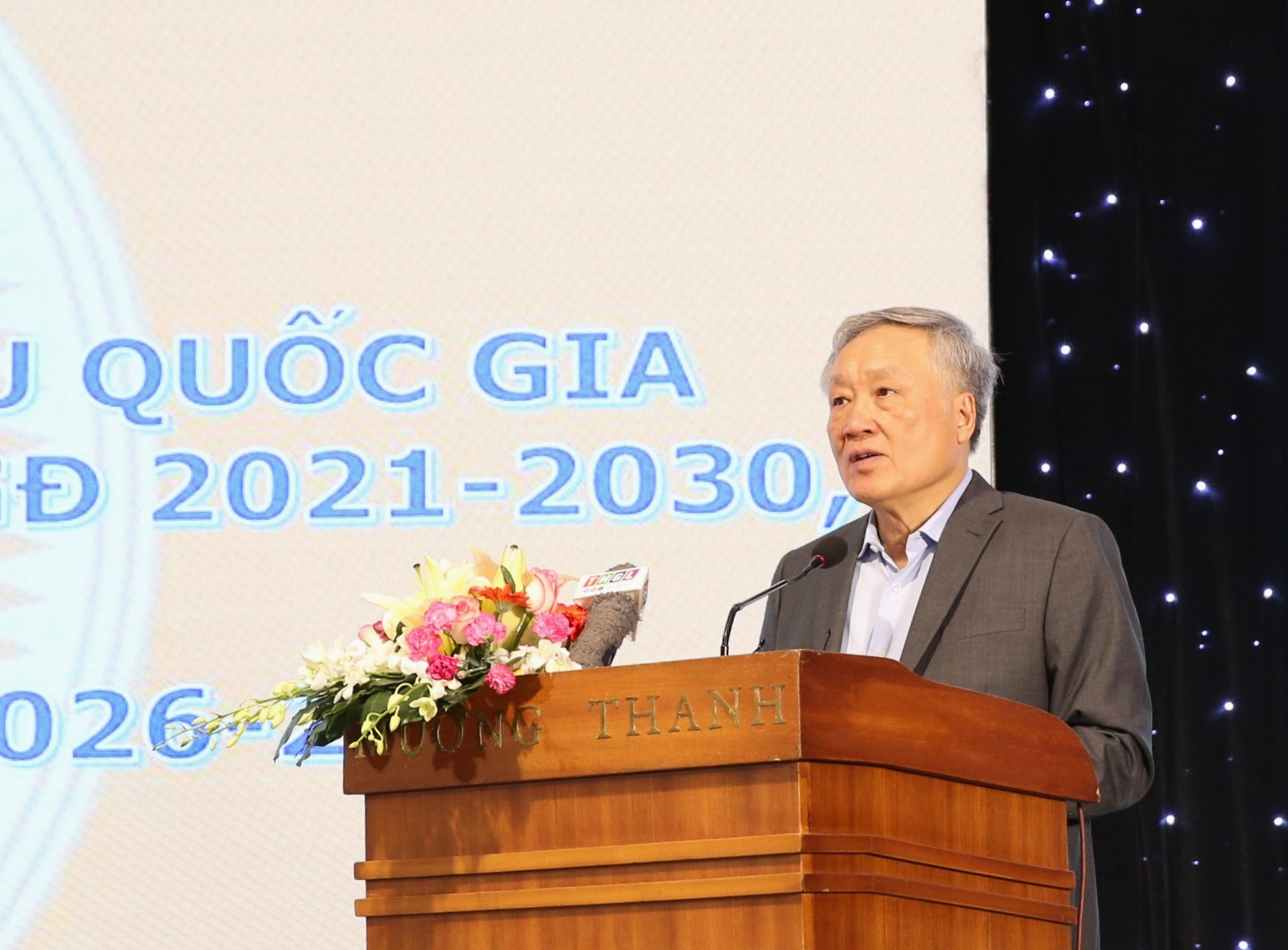
This morning (November 9), in Pleiku city, Gia Lai province, Deputy Prime Minister Nguyen Hoa Binh chaired a conference to evaluate the results of the implementation of the National Target Program on Socio-Economic Development in Ethnic Minority and Mountainous Areas, Phase I (from 2021-2025) in the Central Highlands region and proposed the content of the Program, Phase II (from 2026 to 2030).
Attending the conference were Chairman of the Central Committee of the Vietnam Fatherland Front Do Van Chien; Minister, Chairman of the Ethnic Committee Hau A Lenh; Chairman of the National Assembly's Ethnic Council Y Thanh Ha Nie Kdam; leaders and representatives of a number of central ministries and branches and leaders of 16 provinces in the Central and Central Highlands regions.
The National Target Program for Socio-Economic Development in Ethnic Minority and Mountainous Areas has been implemented for nearly 4 years in 49 provinces and centrally-run cities, including 16 provinces in the Central and Central Highlands regions.
This is a completely new national target program built on the basis of integrating 118 ethnic policies and implementing it nationwide to achieve 9 specific target groups and 24 main targets, focusing on "poor cores", areas with difficult and especially difficult socio-economic conditions and solving the most urgent and pressing problems of the people.
Contribute significantly to the implementation of socio-economic development plans of localities.
Reporting at the Conference, Deputy Minister, Vice Chairman of the Ethnic Committee Y Vinh Tor said that according to the plan, for the entire period of 2021-2025, the resources to implement the Program for the Central and Central Highlands provinces are expected to be 22,564.237 billion VND, of which the central budget investment support capital is 20,529.413 billion VND, the local budget capital is 1,707.723 billion VND, and other legally mobilized capital is 327.102 billion VND.
Results of disbursement of central budget capital of the National Target Program for Ethnic Minorities and Mountainous Areas: The capital allocated for the 2021-2024 period up to September 30, 2024 of 16 provinces in the Central and Central Highlands regions is higher than the average rate of the whole country. In particular, the disbursement rate of investment capital of the Program is currently 74.3%, nearly 1.3 times higher than the average disbursement rate of investment capital of the whole country of 57.7%. Specifically, the disbursed capital of 16 provinces in the Central and Central Highlands regions is 12,933,999 billion VND, equivalent to 60.6%, of which development investment capital is 8,560,613 billion VND, equivalent to 74.3%, and public service capital is 4,373,386 billion VND, equivalent to 44.5%.
Vice Chairman of the Ethnic Committee Y Vinh Tor affirmed that the National Target Program for Ethnic Minorities and Mountainous Areas has made an important contribution to the implementation of the socio-economic development plans of localities implementing the Program in general, especially the provinces in the Central and Central Highlands regions.
The resources and policies of the Program have been focusing on investing in developing essential infrastructure works to serve people's lives, focusing on particularly difficult areas of ethnic minorities and mountainous areas.
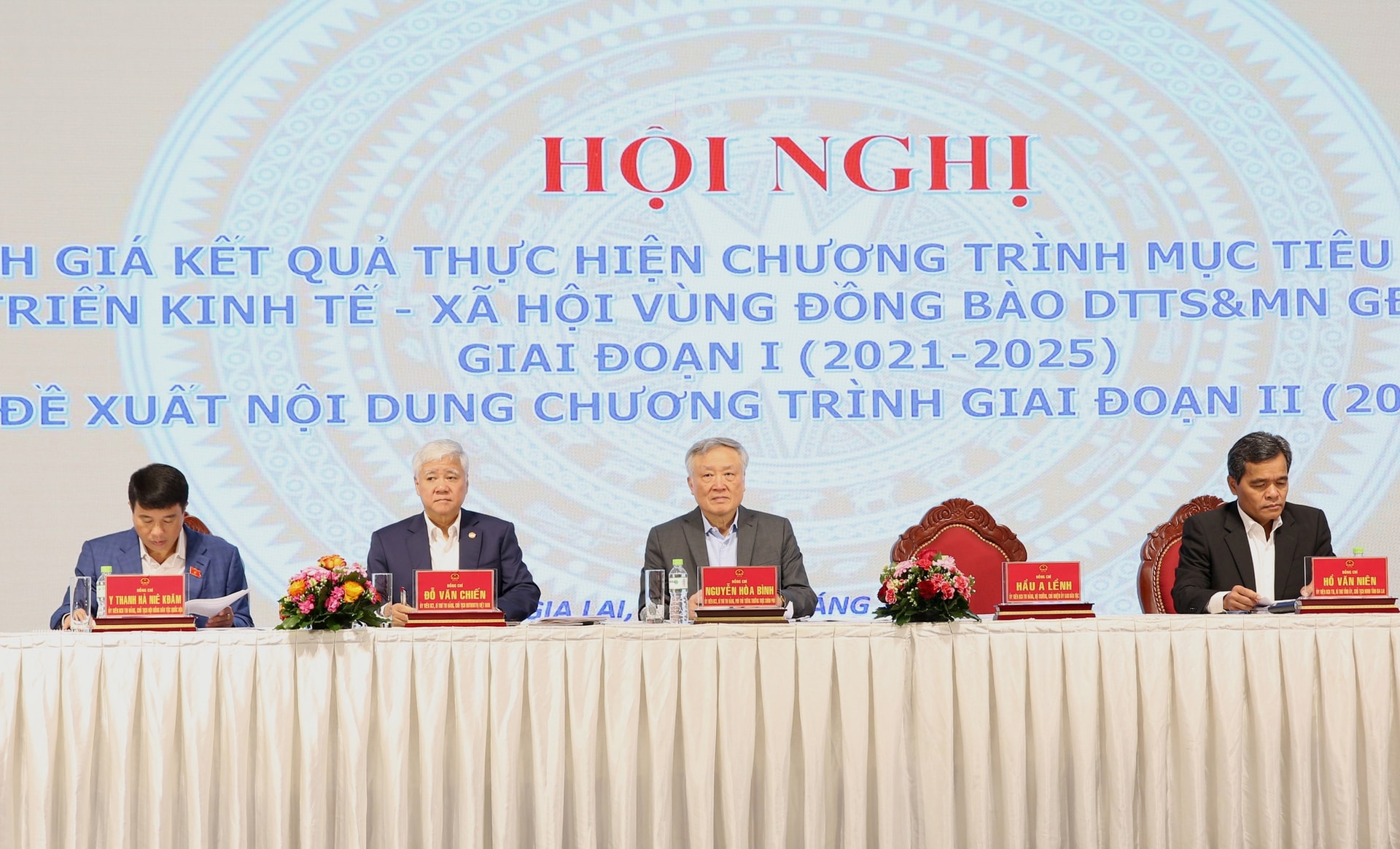
With the strong direction and management of the Government, the Prime Minister and the Head of the Central Steering Committee, up to now, the Central level has basically completed the task of developing and promulgating documents regulating and guiding the implementation of the National Target Program for Ethnic Minorities and Mountainous Areas. Specifically, 74 documents related to the Program have been issued, including: 3 resolutions of the National Assembly; 4 decrees of the Government; 27 decisions of the Prime Minister; 40 circulars and guiding documents. The system of guiding documents has removed many difficulties and obstacles in terms of policies and mechanisms, ensuring that localities have a full legal basis and favorable conditions in organizing and implementing the Program.
Localities have also made the highest political determination and greatest efforts to perfect the legal framework within their authority, consolidate the management apparatus, organize the implementation of the Program, and actively disburse capital to implement the Program, bringing the Party and State's policies and guidelines into the practical lives of the people.
With the efforts and proactiveness of many localities in the area in organizing implementation and integrating resources from other programs and projects in the province, some targets are estimated to have been completed by December 31, 2024, exceeding the assigned plan targets such as: Poverty reduction rate in ethnic minority areas of 16 provinces in the Central Highlands - Central region, in which some localities have exceeded the targets assigned by the Prime Minister at a high level such as: Thua Thien - Hue, Quang Nam, Khanh Hoa, Dak Nong... The early completion of some targets is both a driving force to promote socio-economic development, hunger eradication and poverty reduction for people, and at the same time helps localities allocate resources for other more difficult targets, requiring a higher level of concentration and longer implementation time.
In addition to the group of indicators that have been completed early, there is also a group of indicators that have achieved a high completion rate, and are expected to soon reach the planned target, such as: The rate of communes with asphalt or concrete roads to the commune center; the rate of schools, classrooms, and medical stations that are solidly built; the rate of households using the national grid and other electricity sources, etc.
At the Conference, delegates who are leaders of ministries, branches and localities focused on discussing and evaluating the results of the implementation of the Program for the 2021-2025 period, especially the achievements and limitations and shortcomings in the implementation of each project, sub-project and component content; clearly pointing out the slow or stuck contents that need to be focused on resolving; proposing key tasks and solutions in the coming time to complete the goals, targets and tasks of the Program in phase I as well as proposing specific contents of the Program in phase II, especially determining the general goals and specific goals and targets of the Program; proposing the structure, content of component projects and capital sources of the Program; specific mechanisms and policies to implement the Program for phase II;...
Affirming great efforts and strong determination of localities
Speaking at the conclusion of the Conference, Permanent Deputy Prime Minister Nguyen Hoa Binh acknowledged and highly appreciated the determination, efforts, and participation of the entire political system and the support of the people of 16 provinces in implementing the Program; affirmed that thanks to practical and effective support policies, ethnic minorities increasingly trust the leadership of the Party and State, actively participate in socio-economic development programs, community activities, contributing to maintaining security and order in the locality.
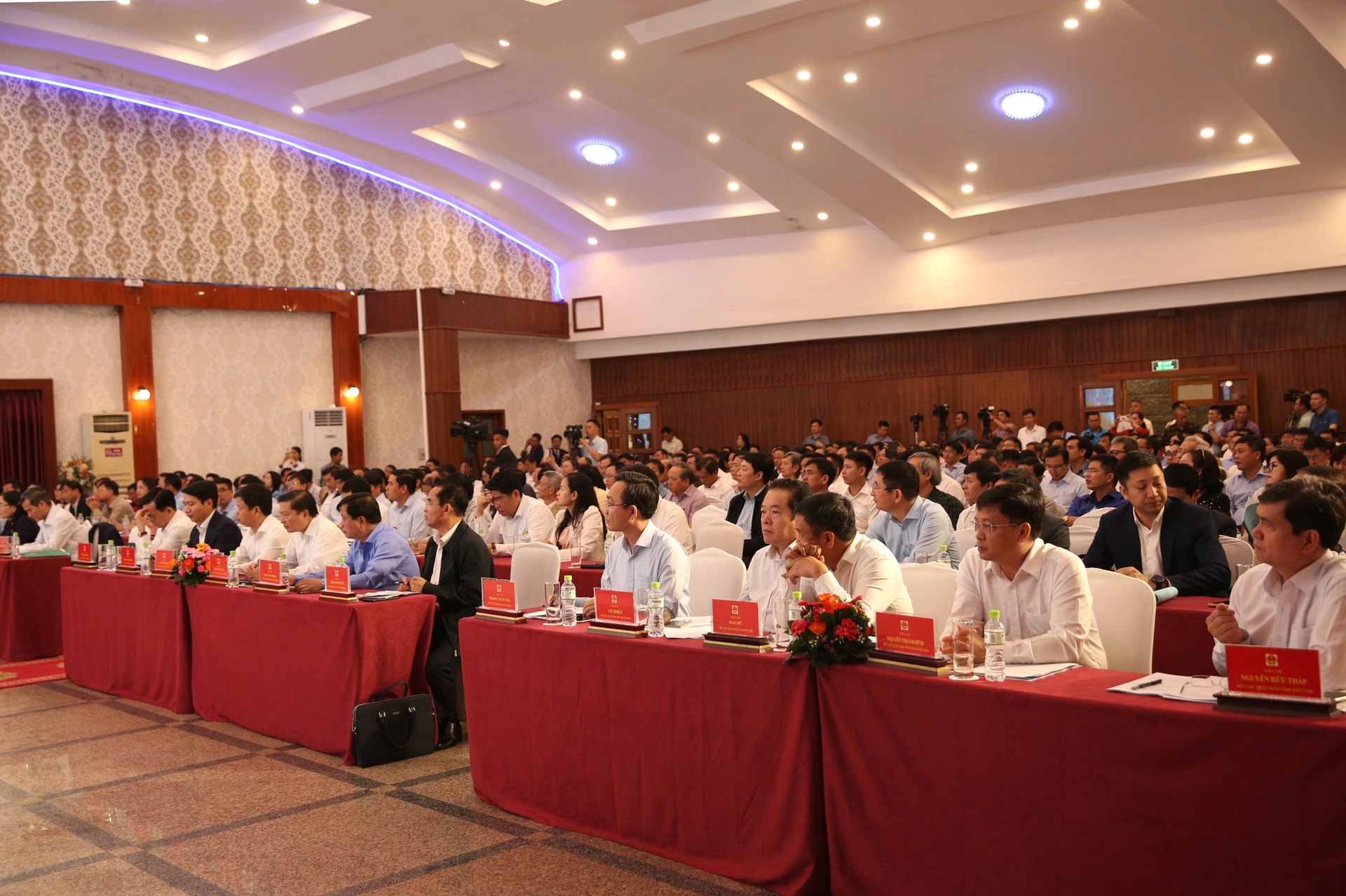
According to the Permanent Deputy Prime Minister, we have issued a very correct and accurate program, demonstrating the deep concern of the Party and State for ethnic minority and mountainous areas; the program has been implemented and achieved initial success.
Through the implementation of the Program, people's lives have been significantly improved, poor households have decreased, infrastructure has developed, the appearance of ethnic and mountainous areas has changed a lot; many humane policies have come to the people. Many localities have effectively implemented livelihood support policies, helping to increase income and improve people's lives. Average income has increased significantly, reaching an average of 34.5 million VND/person/year, 2.5 times higher than in 2019.
Traditional festivals have been restored and held regularly, helping to preserve cultural identity and promote national pride. Many localities have organized cultural, artistic and sports exchanges, creating healthy playgrounds and connecting the community, thereby arousing the spirit of self-reliance and determination to escape poverty of ethnic minorities.
From 2021 to present, the Central budget has assigned 16 provinces in the Central and Central Highlands regions more than 21,000 billion VND to implement the Program, accounting for about 31.09% of the total capital of the whole country.
To date, localities have disbursed more than 60% of this capital, higher than the national average (57.6%); in which some localities have achieved good disbursement results such as Ninh Thuan (76.5%), Khanh Hoa (76.3%), Binh Dinh (69.5%). This is a great effort of the localities, showing the drastic and close direction, smooth and effective coordination, strong determination and high sense of responsibility of localities, levels and agencies in deploying and implementing the Program.
"On behalf of the Prime Minister and the Central Steering Committee for National Target Programs, I acknowledge and appreciate the determination, efforts, and participation of the entire political system and the support of the people of 16 provinces in implementing the Program," said Permanent Deputy Prime Minister Nguyen Hoa Binh.
In addition to the positive results achieved, the First Deputy Prime Minister also emphasized that there are still some groups of targets and specific targets that have not been achieved. At the same time, the implementation process of the Program shows that there are still some shortcomings and limitations that need to be further overcome to improve the effectiveness of the Program in 2025 as well as in the next period.
Among them, some mechanisms and policies are still inadequate, unreasonable, and have not been amended or supplemented in a timely manner. The rate of disbursement of public investment capital is still low. Coordination between ministries, agencies and localities is sometimes not synchronous and tight. The implementation of infrastructure projects is still difficult, in addition to the objective reasons due to the terrain of the area, there is also a part of the reason due to the situation of evasion, shirking of responsibility, indifference, fear of making mistakes of a number of officials, and incomplete work. The quality of local human resources is still limited...
Focus on impactful projects
In order to promptly report and submit to the National Assembly for consideration and decision on the implementation of the Program Phase II from 2026 to 2030, Deputy Prime Minister Nguyen Hoa Binh requested that central ministries, branches and especially leaders of the Central and Central Highlands provinces, based on a comprehensive and overall assessment of the Program's projects implemented in Phase I, continue to review the legal corridor, propose and identify practical projects for Phase II, focusing on projects with promoting impacts and should prioritize projects, ensuring focused, key investment, "productive".
Along with that, it is necessary to pay special attention to strengthening decentralization and delegation of authority to localities in managing, supervising and implementing projects, proactively deciding on specific policies to meet practical implementation requirements, ensuring consistency with the general goals of the Program and practical conditions.
Continue to organize regional and national Program summary conferences in appropriate forms and scales, ensuring savings and efficiency. Draw on experience from the design and development process of Phase I Program to propose Phase II Program to ensure progress, quality, adherence to reality and consistency in the legal system.
Regarding the key tasks and solutions from now until the end of 2024, Deputy Prime Minister Nguyen Hoa Binh stated that ministries, central agencies and localities must continue to uphold their sense of responsibility, promote the implementation and disbursement of capital to implement the Program; proactively review and detect difficulties and obstacles in the implementation process to find solutions or report to competent authorities for timely consideration, guidance and handling in accordance with current regulations and in accordance with practical situations.
Focus on perfecting the apparatus, improving the quality of the implementation staff, especially the team implementing ethnic work and ethnic policies at the grassroots level; strengthen decentralization, empower the grassroots level in conjunction with training and fostering to improve the capacity to implement and monitor the Program.
"Pay great attention to the work of perfecting personnel; those participating in the implementation of the Program must truly select those with experience, knowledge, enthusiasm, responsibility and passion for compatriots and ethnic minority regions," noted Permanent Deputy Prime Minister Nguyen Hoa Binh.
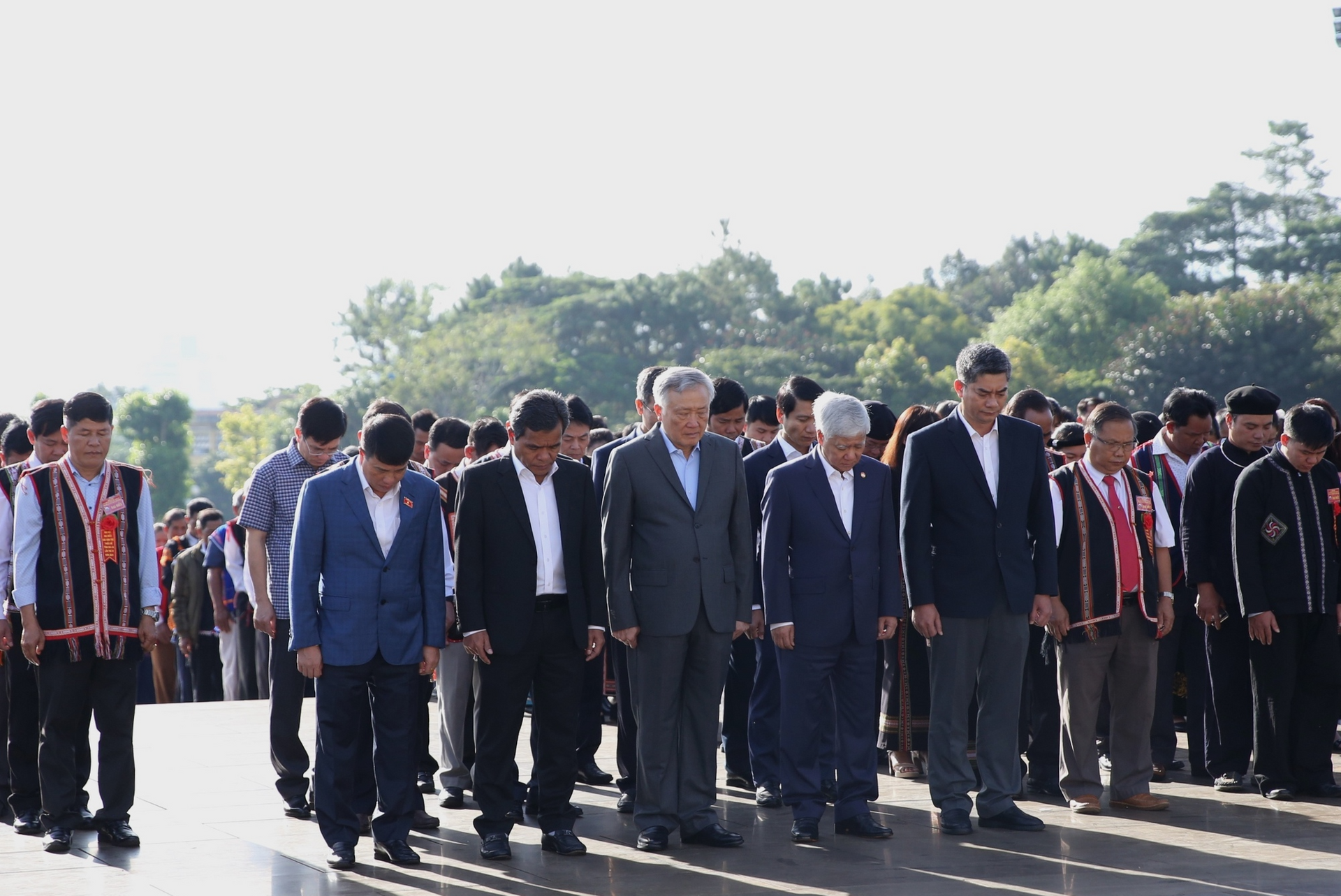
* Earlier, on the morning of November 9, Permanent Deputy Prime Minister Nguyen Hoa Binh and Chairman of the Central Committee of the Vietnam Fatherland Front Do Van Chien visited and offered flowers to commemorate President Ho Chi Minh at the President Ho Chi Minh statue in the Great Unity Square, Pleiku city, Gia Lai province.
The Central and Central Highlands regions include 445 communes in region I, 66 communes in region II and 476 communes in region III and 3,243 extremely disadvantaged villages (accounting for 24.53% of extremely disadvantaged villages in ethnic minority and mountainous areas nationwide).
The population of the whole region is about 21,255,536 people, of which 3,605,006 people belong to 53 ethnic minorities (accounting for about 17% of the population). Most ethnic minorities live in the Central Highlands, the western mountainous areas of the North Central provinces and the Central Coast. The poverty reduction rate of ethnic minorities by 2024 is estimated to decrease by an average of 5.2%/year.
Source: https://daidoanket.vn/bao-dam-dau-tu-co-trong-tam-trong-diem-cac-du-an-phat-trien-kt-xh-vung-dong-bao-dan-toc-thieu-so-va-mien-nui-10294137.html






![[Photo] Multi-colored cultural space at the Exhibition "80 years of the journey of Independence - Freedom - Happiness"](https://vstatic.vietnam.vn/vietnam/resource/IMAGE/2025/8/26/fe69de34803e4ac1bf88ce49813d95d8)
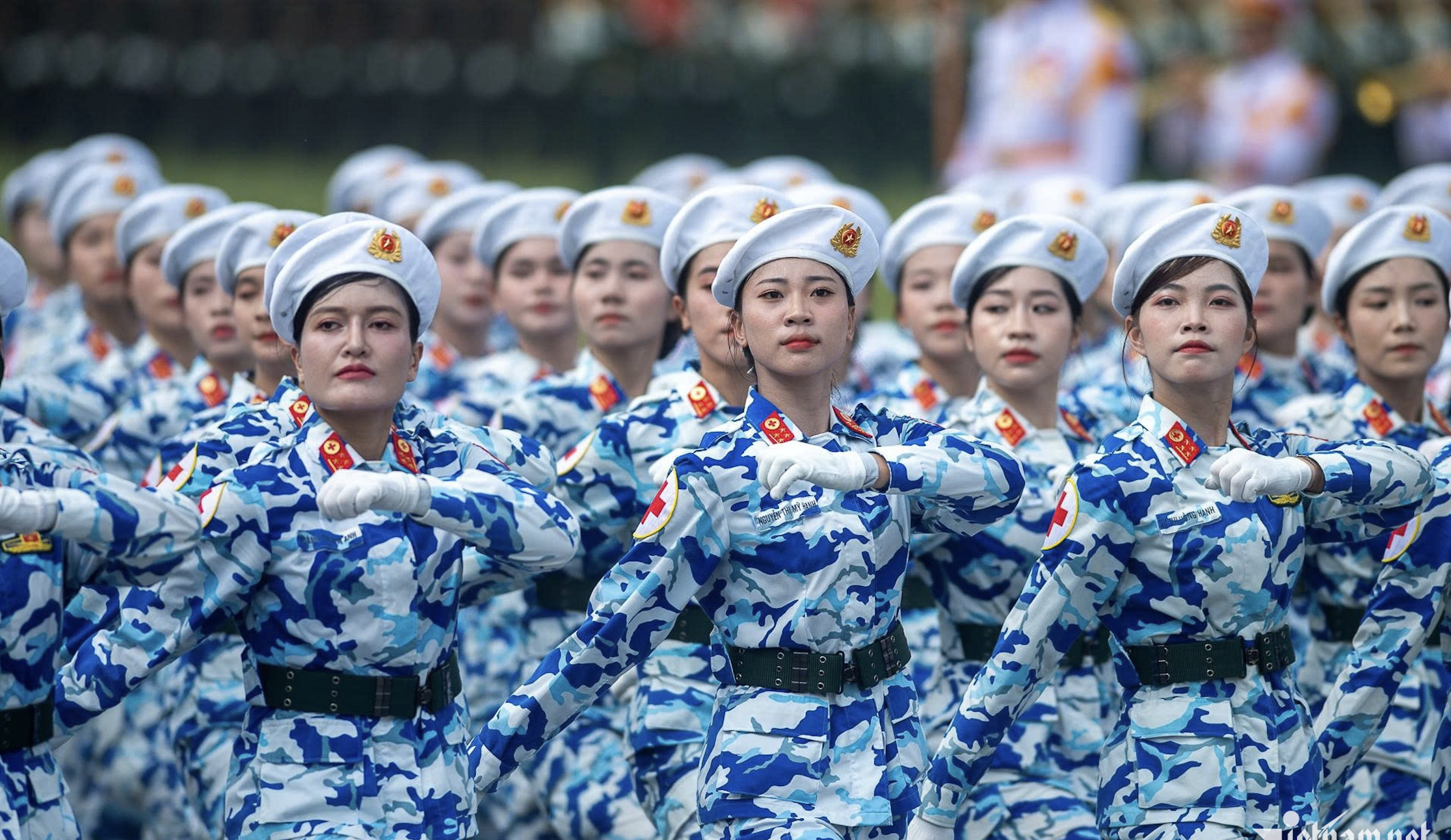
![[Photo] Hanoi: Authorities work hard to overcome the effects of heavy rain](https://vstatic.vietnam.vn/vietnam/resource/IMAGE/2025/8/26/380f98ee36a34e62a9b7894b020112a8)




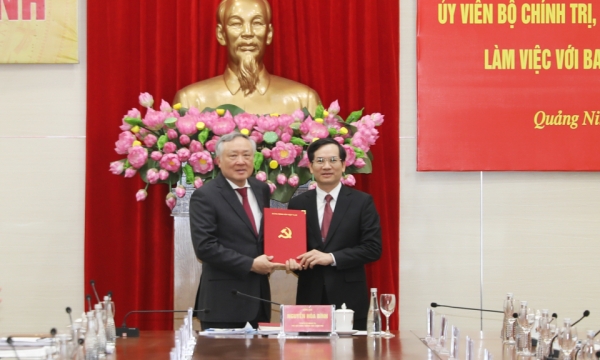


















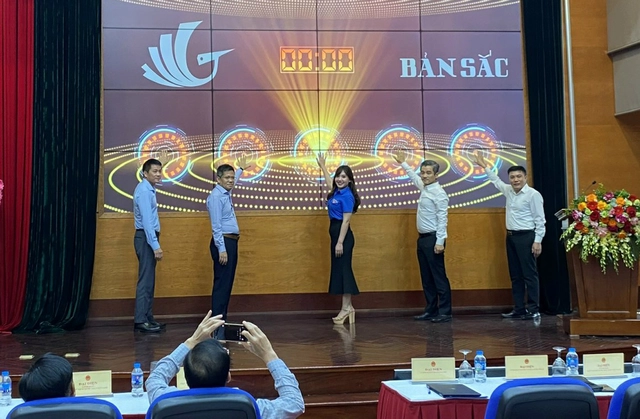
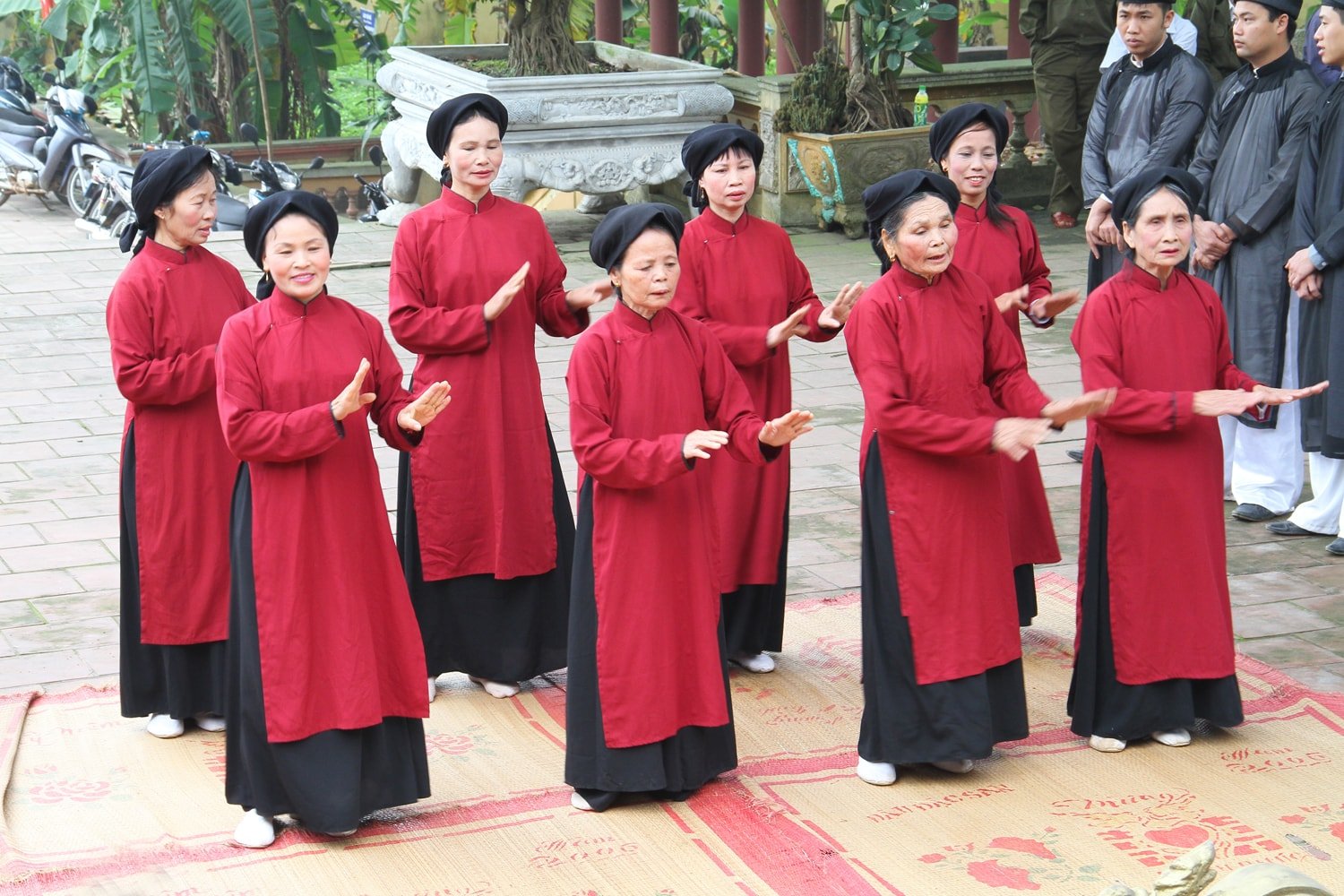



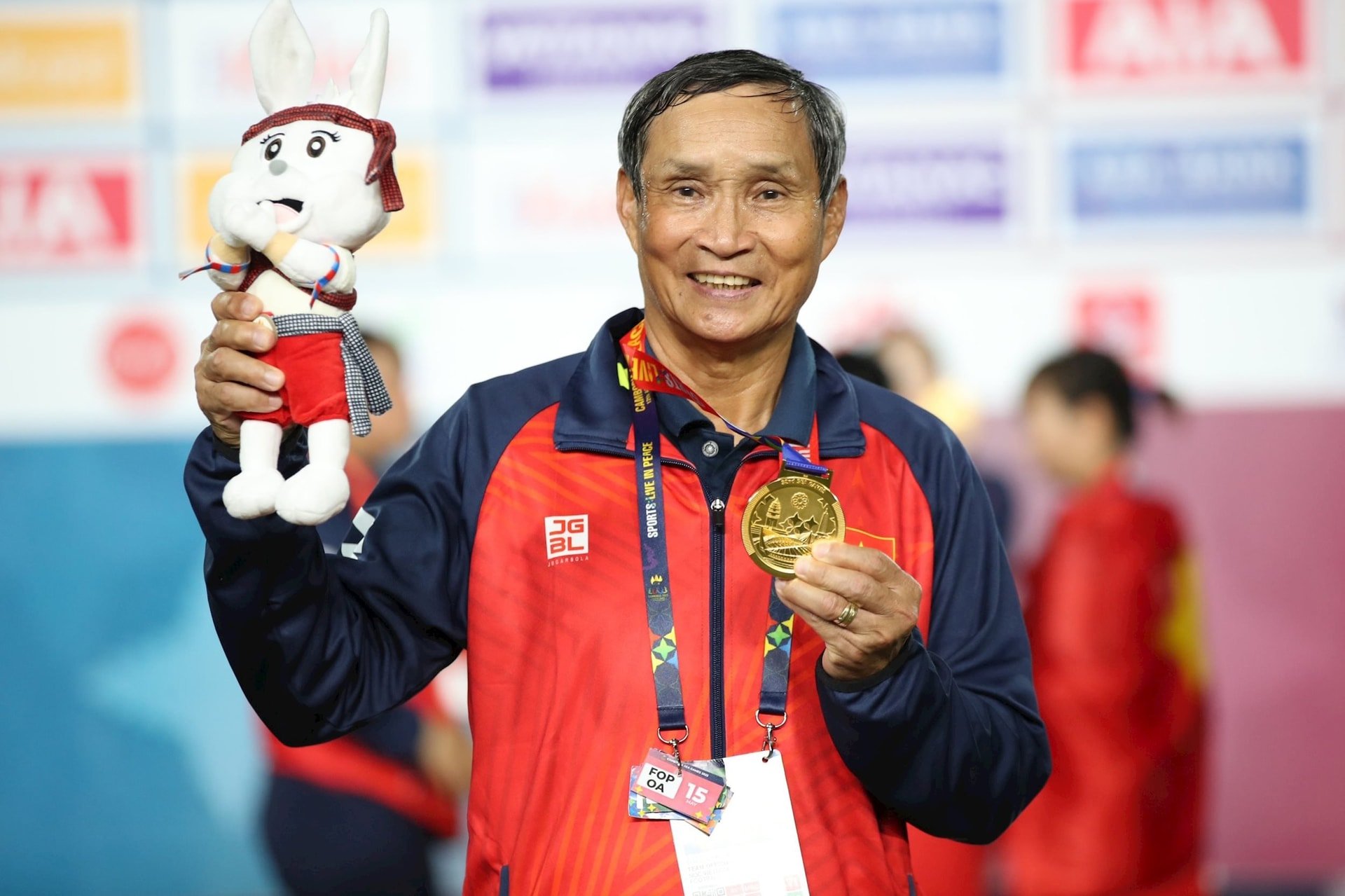




























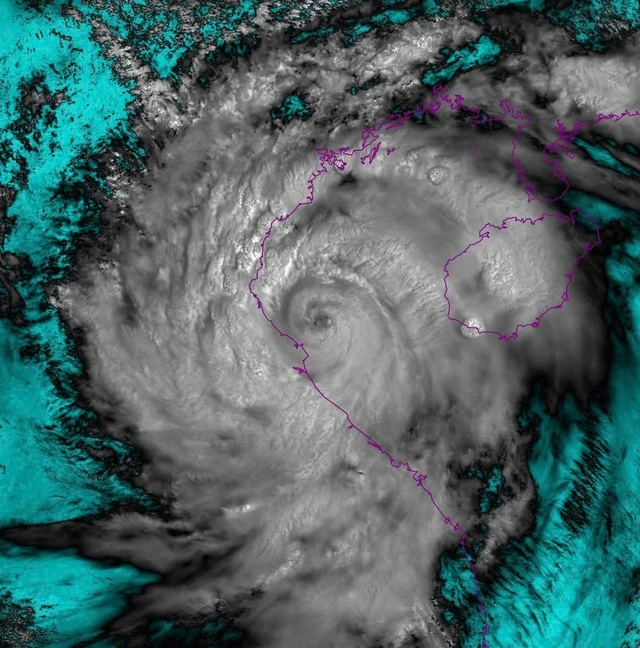



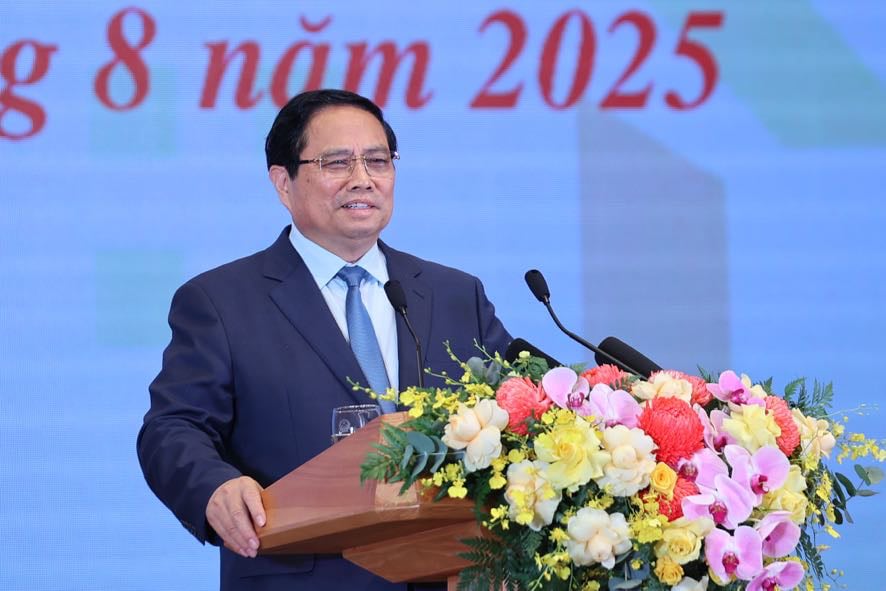
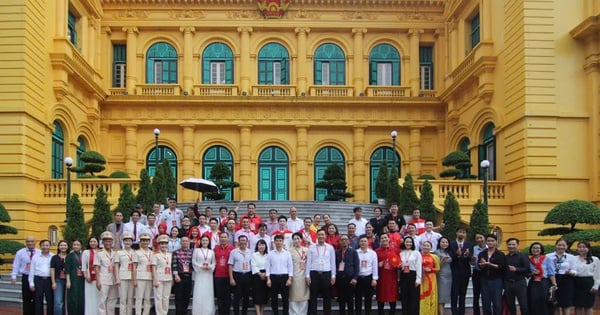

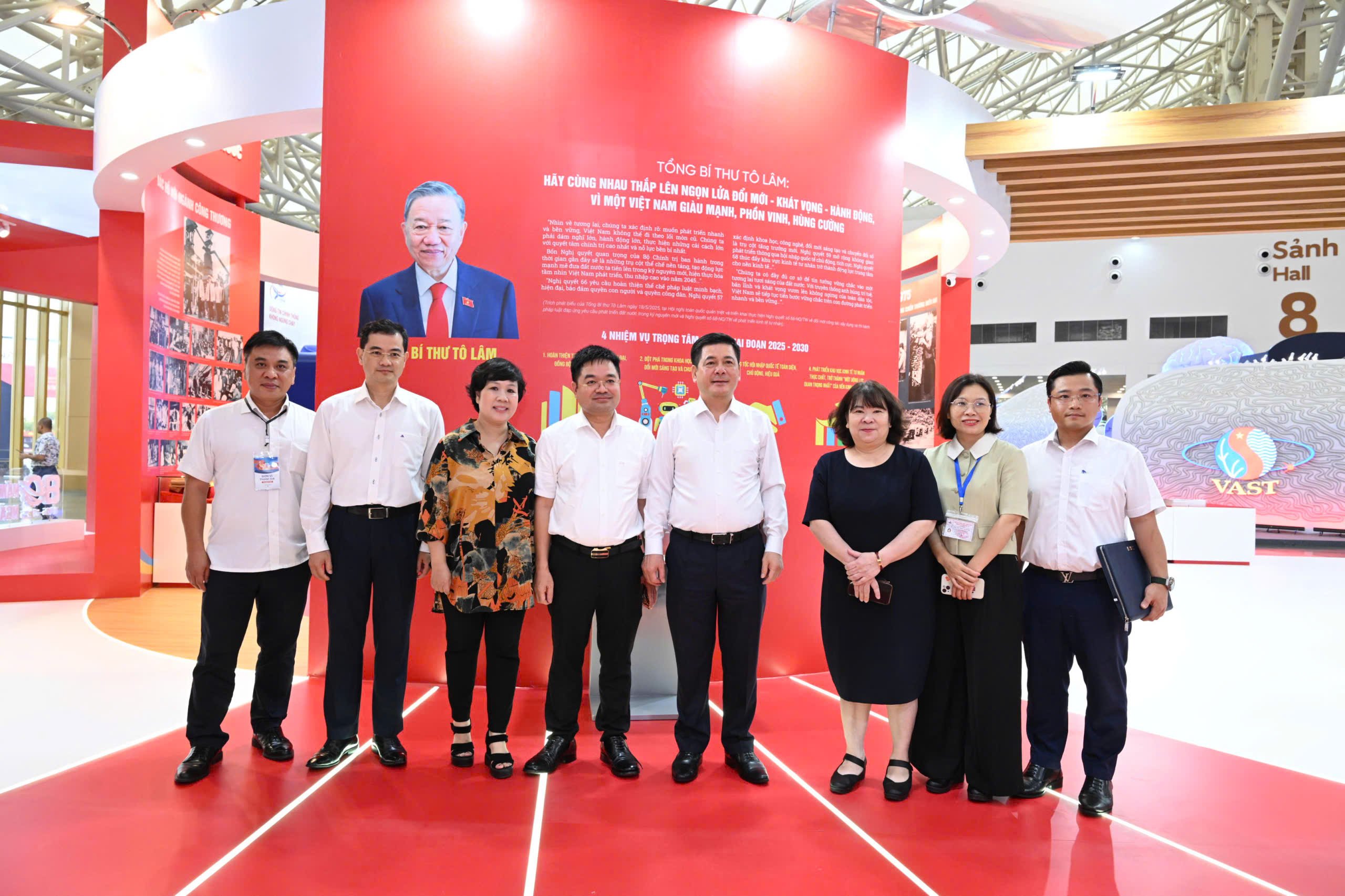

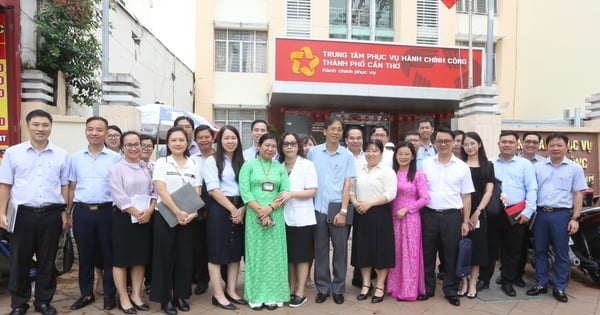

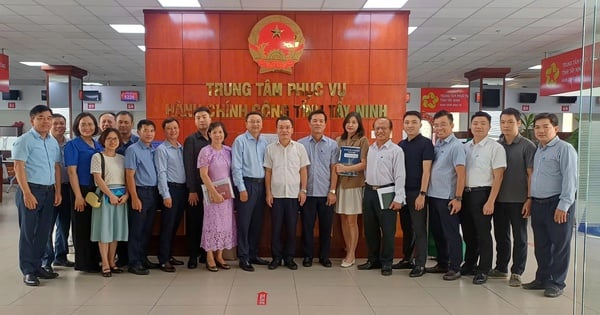


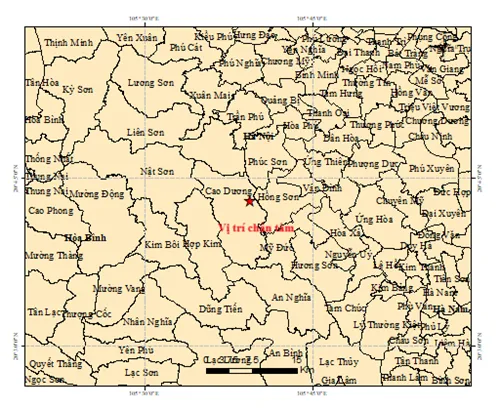


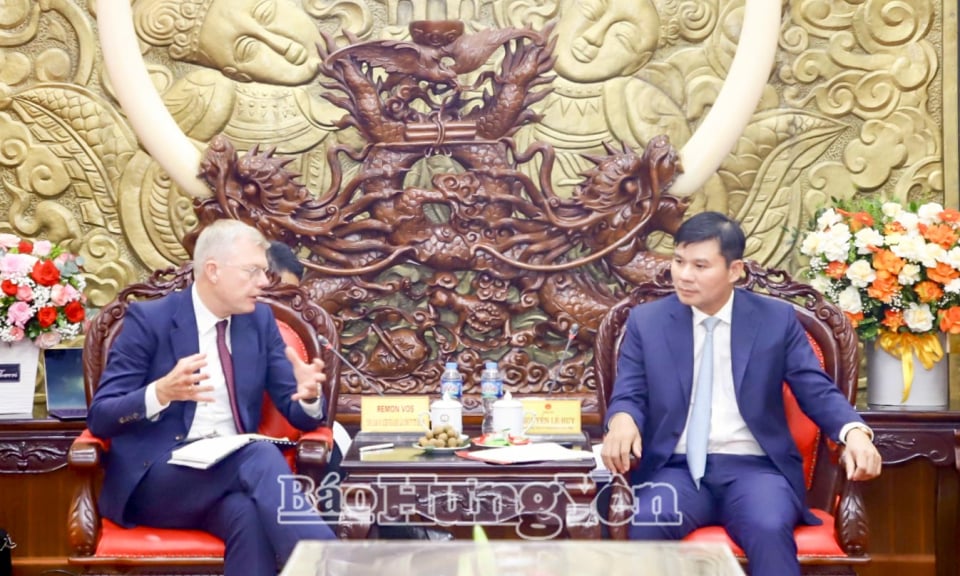

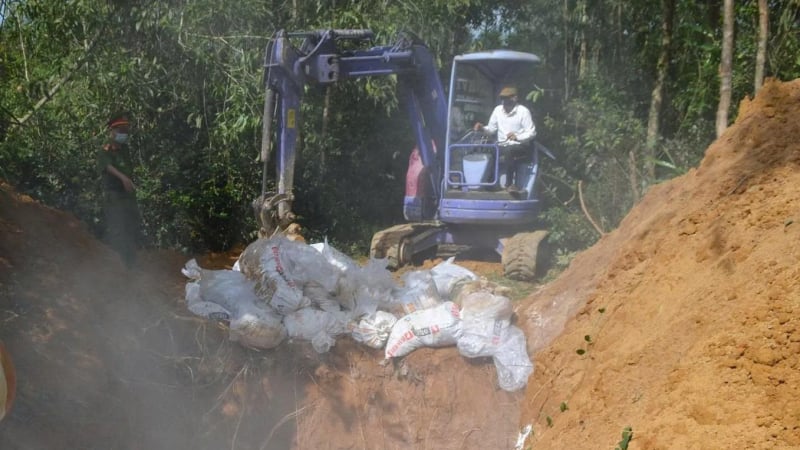



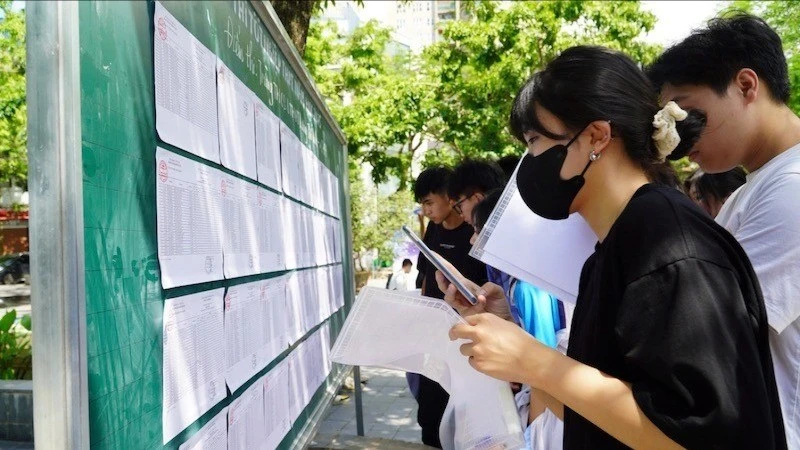





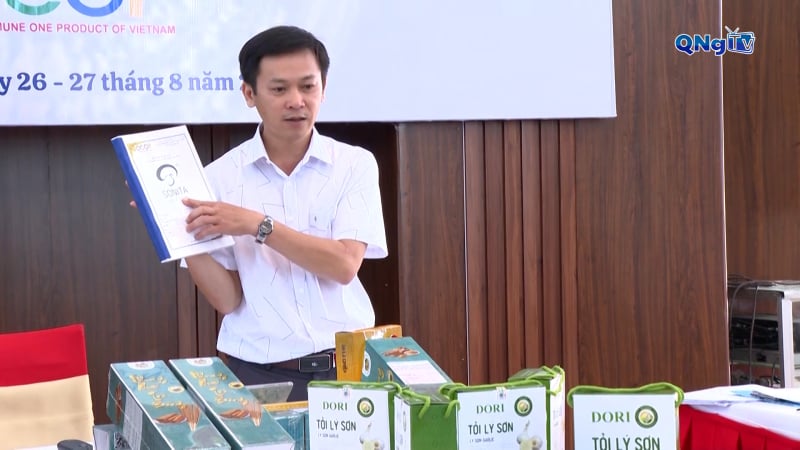








Comment (0)